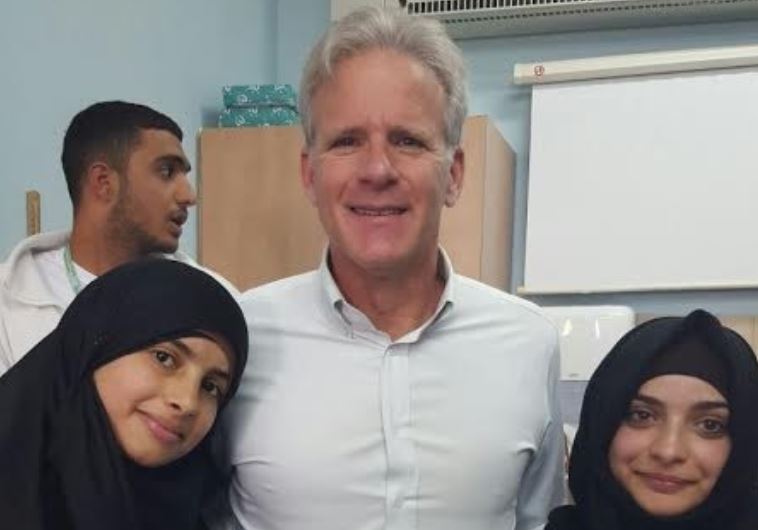MK Michael Oren warns of ISIS infiltration in meeting with Beduin soldiers
Beduin official behind national service program says he has received multiple threats, including telephone calls.
 MK Michael Oren with Beduin women who participate in national service today in the Negev(photo credit: ANNA OLIKER)Updated:
MK Michael Oren with Beduin women who participate in national service today in the Negev(photo credit: ANNA OLIKER)Updated: